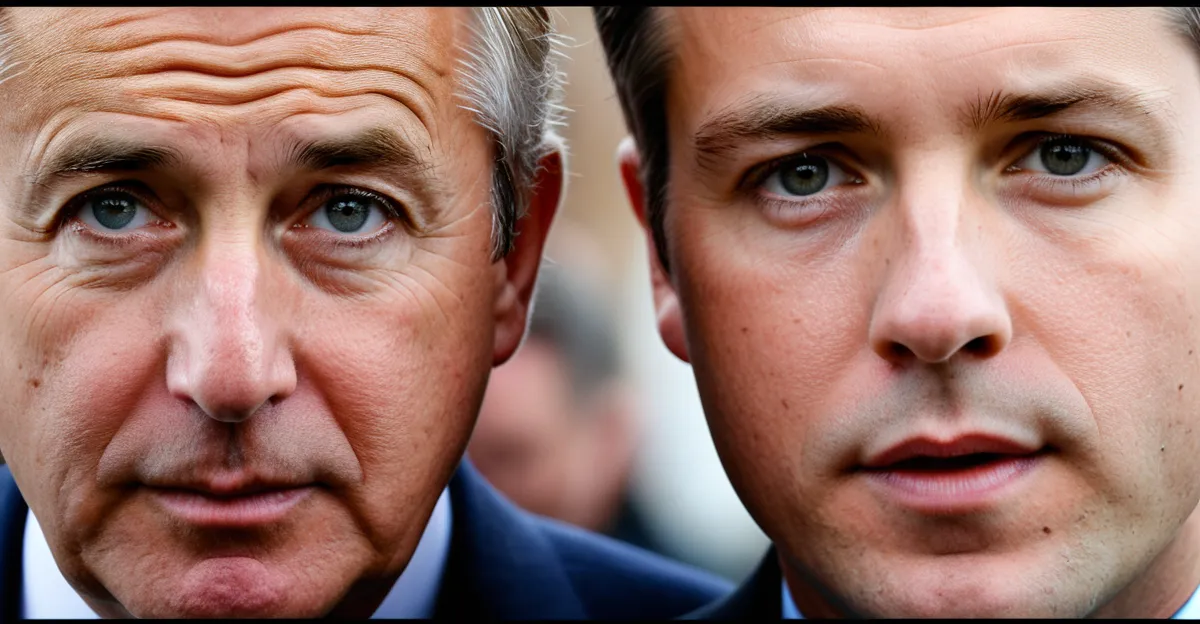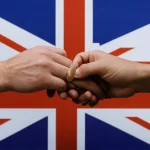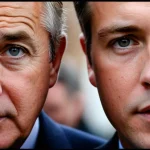Overview of Recent UK Policy Changes
Understanding recent UK policy changes requires recognizing their breadth and impact across various sectors. In recent years, the UK has implemented significant shifts primarily motivated by a need to redefine its role post-Brexit and to respond dynamically to global geopolitical trends. Key drivers include reclaiming legislative sovereignty, strengthening national security, and stimulating economic resilience amid global uncertainty.
These policy changes span critical areas like trade, where new agreements aim to diversify beyond traditional European partners; immigration, where stricter controls and points-based systems reflect new priorities; and defence, emphasizing enhanced military capabilities to assert global influence. International relations and diplomacy are central to these reforms, as the UK seeks to stabilize alliances and create new partnerships.
Also to see : What are the key factors influencing UK economic growth?
This comprehensive approach illustrates the UK’s strategic maneuvering in a complex international landscape. By adjusting policies across trade, immigration, and defence, it pursues a cohesive foreign policy designed to promote economic growth and security while adapting to evolving diplomatic realities. Recognizing these contexts explains not only the ‘what’ but the ‘why’ behind these transformative UK policy changes.
Diplomatic Consequences and Shifts
Diplomatic consequences following recent UK diplomacy reforms have sparked notable shifts in foreign relations. The UK’s recalibrated stance, particularly post-Brexit, has elicited mixed reactions from major international partners. For example, long-standing allies, including EU countries, initially expressed concern over altered trade arrangements and regulatory divergence, affecting bilateral negotiations and trust levels.
Have you seen this : How Can Brexit Influence the UK’s Relationship with the EU?
Multilateral relationships have also been reshaped. The UK’s emphasis on assertive sovereignty and redefined trade policies has prompted re-evaluations within global forums, influencing its role in institutions like the United Nations and NATO. This shift underscores a tension between preserving traditional alliances and cultivating new international partnerships.
Such changes contribute to a nuanced transformation of the UK’s global standing. Forging stronger ties with non-European nations, while balancing diplomatic ties with long-time partners, reflects a strategic effort to diversify and secure influence worldwide. This diplomatic realignment aims not only to project independence but to harness emerging global opportunities in security and trade.
In sum, the policy impact on UK diplomacy manifests through evolving alliances, modified bilateral talks, and an adaptive global posture. These developments highlight the complexity and significance of the UK’s evolving foreign relations landscape.
Case Studies: Country-Specific Reactions
Examining UK foreign policy through specific country responses reveals distinct patterns shaped by geopolitical context and historical ties. The European Union’s reaction to UK policy changes remains cautious. Post-Brexit complexities, including trade disagreements and regulatory divergence, continue to underscore UK diplomacy challenges within the EU, reflecting strained yet necessary cooperation.
Across the Atlantic, the United States displays a nuanced response. While longstanding alliance frameworks endure, the US has welcomed certain UK trade diversification efforts, viewing them as strengthening bilateral ties outside EU constraints. This alignment demonstrates how foreign relations adjust in response to newly prioritized UK policies.
Commonwealth countries and non-Western nations exhibit a mixture of eagerness and apprehension. Many seek deeper partnerships, capitalizing on the UK’s pivot toward global outreach. However, uncertainties about trade terms and immigration protocols sometimes temper enthusiasm, impacting diplomatic engagements.
These case studies collectively illustrate the multidimensional policy impact on UK diplomacy. They highlight how country-specific reactions contribute to evolving global dynamics, requiring the UK to tailor its foreign policy strategies to diverse international audiences and maintain balanced, productive relationships.
Expert Analysis and Commentary
Insights from international relations experts highlight that recent UK policy changes reflect a strategic recalibration aimed at enhancing sovereignty while navigating new geopolitical realities. Experts emphasize that such shifts demand careful balancing—asserting independence without alienating critical allies. For instance, UK policymakers acknowledge the delicate challenge of maintaining robust partnerships amid evolving diplomatic landscapes.
Political analysis reveals that these reforms have generated varied interpretations abroad. Some analysts praise the UK’s proactive stance in diversifying trade and security relationships, viewing it as a forward-thinking adaptation. Others caution that abrupt policy pivots risk undermining trust built over decades, particularly within key forums like NATO and the United Nations, where consensus is vital.
Foreign analysts often note the UK’s unique position post-Brexit, navigating the tension between traditional Western alliances and emerging powers. The geopolitical impact of these dynamics is far-reaching, shaping not only bilateral deals but also multilateral cooperation frameworks. This multifaceted expert commentary underscores the complexity of diplomatic efforts, reinforcing that sustained dialogue and flexibility will be crucial for the UK to realize the benefits it seeks from these policy transformations.
Long-Term Geopolitical and Economic Impacts
Recent UK policy changes are set to produce significant geopolitical consequences and reshape economic relationships for years ahead. One major predicted effect involves the UK’s evolving role in global trade. By forging new trade agreements beyond the European Union, the UK aims to diversify its economic partners, reducing reliance on traditional markets. This diversification is expected to open fresh opportunities, particularly within the Commonwealth and emerging economies, though initial adjustment costs and negotiation complexities present challenges.
Security collaborations are also affected. Changes in defence policies and diplomatic strategies impact the UK’s ability to contribute effectively in multilateral forums such as NATO. Maintaining influence requires balancing sovereignty ambitions with cooperative commitments. Experts warn that missteps could weaken long-term strategic alliances critical for regional and global stability.
Economically, shifts in immigration protocols influence labor markets and investment flows, creating both opportunities for skilled workforce inflows and risks of talent shortages. The future outlook for the UK hinges on adaptive policies that manage these trade-offs while sustaining competitiveness.
Overall, the policy impact on UK’s geopolitical positioning underscores a delicate interplay between seizing new international roles and safeguarding established partnerships within an evolving global framework.






